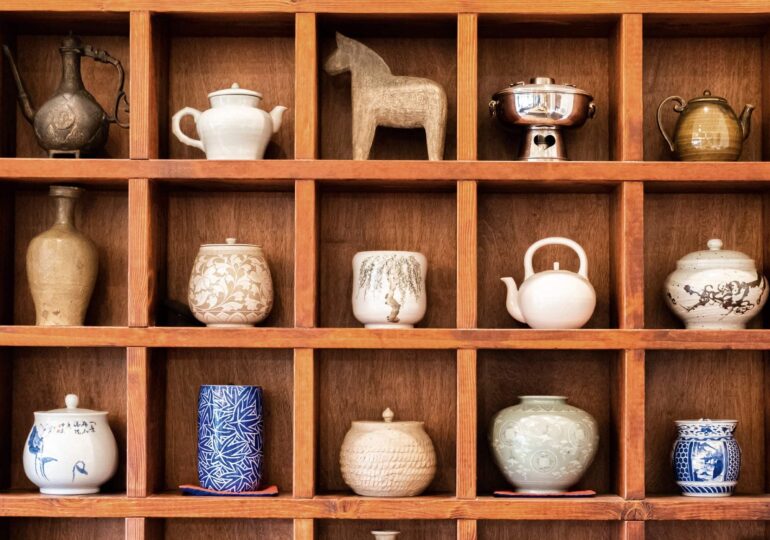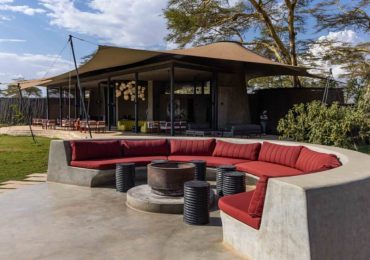The next day, as we drove to Boseong, a town surrounded by hills of green tea leaves, we passed egrets nibbling delicately at rice fields and the blossoms of apricot trees. It was early summer, and the mountains were festooned with flowers. Tea seeds were brought from China to Korea about 1,200 years ago and planted in the Hadong area of nearby South Gyeongsang Province. Boseong’s tea roots reportedly date back even further, to the Baekje Kingdom era (18-660 ad), although nobody is sure how the plants arrived. Today, Boseong is the largest of three major tea regions in South Korea, along with Jeju Island and Hadong. Reclaimed from Japanese colonialists, Daehan Dawon, Boseong’s largest tea plantation, has cedar paths, rows of tea plants and an observatory.
But I was most intrigued by the intimate Borim Jaeda, considered by Jeong Kwan, the Buddhist nun and cook made famous by the Netflix documentary series Chef’s Table – whose hermitage, Chunjinam, I would visit later on my trip – to be the best green tea producer in Korea. There I sipped a steaming cup with Gwang Chul Lim and Hee Joo Seo, the husband-and-wife owners, in an artfully designed reception room with panoramic views of the fields. Numerous Korean antiques and teapots from Japan to India were on display. As Lim spoke, I found myself mimicking his mindful demeanour and gentle speech. It was the influence of my surroundings, Lim explained in approval. ‘If you do tea, you’re rewarded by its beauty and its taste. And if you follow its small habits and rituals, in time you become more mindful and perceptive.’
Walking around the lush grounds was a similarly reflective experience. I watched how the product gets from farm to table, tasted the young leaves and retreated to a glass-enclosed meditation building overlooking the fields to drink fermented green tea. ‘My father said people who make tea are not farmers,’ noted Seo. ‘They are part of the tea culture.’ I began to understand why Jeong Kwan recommended Borim Jaeda. It is a place that seeks to protect a tradition passed down within a family for three generations and through many centuries in Korea.








